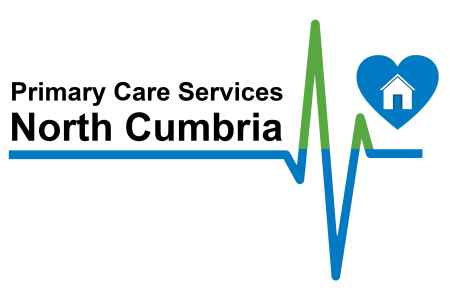So "Triage", or initial assessment is the process of assessing and prioritising patients based on the urgency of their medical needs. So why is this system beneficial to patients?
In primary care, this involves pathways put in place by your GPs and trained healthcare professionals so that receptionists / care navigators can take the relevant details (over the phone, face to face or via an online form) symptoms and concerns so they can be triaged/ assessed and evaluated by a healthcare professional to determine the most appropriate next steps for the patient.
How It Works:
- Patients are asked appropriate questions about their symptoms or condition.
- Based on this information, they are directed to the right care, with the most appropriate member of the practice team in the relevant time frame. This could include colleagues in community pharmacy as part of the Pharmacy First scheme. If required, you may be re-directed to an emergency service.
- Routine cases may be scheduled for later dates, ensuring that more urgent cases are seen promptly. This is a way of safely ensuring practices manage access based on need rather than demand.
Benefits for Patients:
- Faster Care for Urgent Cases: Those with serious or time-sensitive issues promptly receive the relevant care.
- Efficient Use of Resources: Patients are directed to the most suitable professional, avoiding unnecessary GP appointments when other services or specialists can help (e.g., pharmacy or physiotherapy).
- Reduced Waiting Times: By prioritising cases effectively, triage/initial assessment minimises unnecessary delays and improves overall access to care for all patients.
Triage/initial assessment ensures that your local GP practice can manage high demand, by focusing on delivering the right care at the right time, with the right person.


